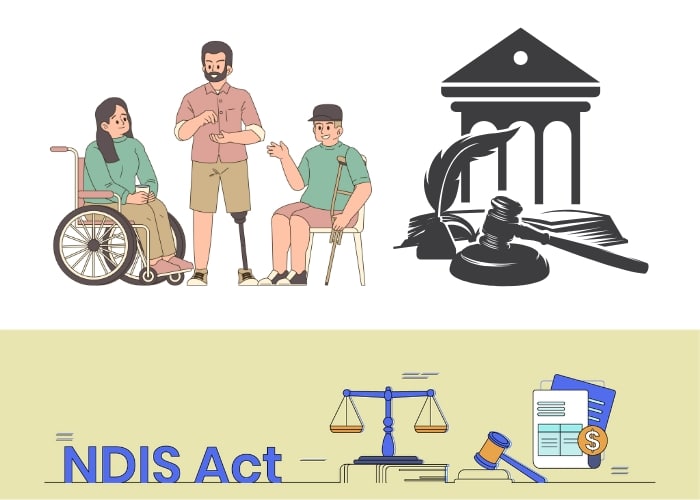
Navigating the complexities of NDIS eligibility reassessments just got easier. This article delves into the latest legislative changes to the NDIS Act and their implications for participants and providers alike.
Understanding Eligibility Reassessments
Eligibility reassessments determine whether participants still meet NDIS residency and disability criteria. While these reviews aren’t new, recent legislative changes have expanded the NDIA’s powers, including the ability to request additional information or assessments from participants. Failure to comply within specified timeframes can lead to revoked access, although the NDIA must consider certain factors before taking action.
What’s Changed?
• The NDIA can now require assessments from qualified professionals if deemed necessary.
• Participants typically have 90 days to provide requested information, though only 28 days may be given in some cases—despite this timeframe not being explicitly stated in the legislation.
• Extensions can be requested, but clear communication with the NDIA is crucial.
Key Considerations
Providers play a vital role in guiding participants through these changes, from understanding compliance requirements to advocating for extensions. Additionally, the NDIA must decide on eligibility within 14 days of receiving evidence, though funding for assessments remains unclear.
Stay informed to effectively support participants through this evolving process. For a detailed breakdown of NDIS eligibility reassessments and how these changes impact participants, read the full article on Team DSC’s website.